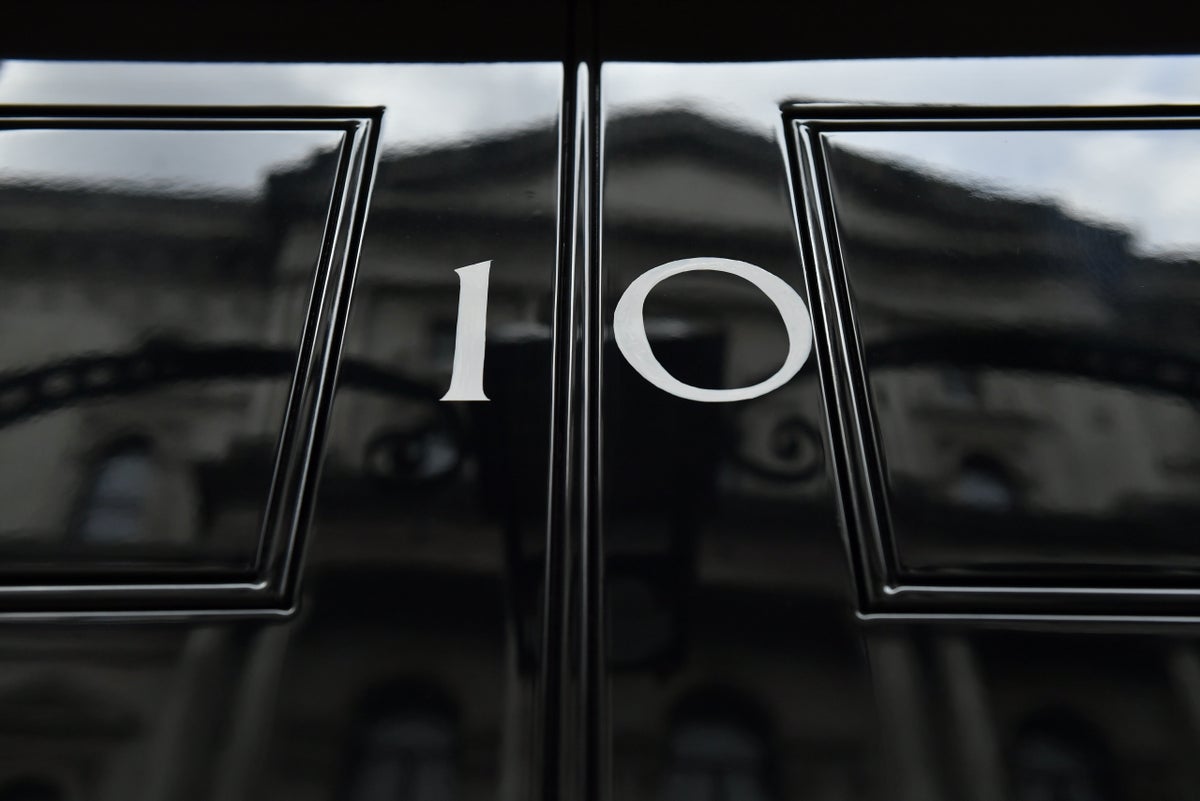
Is the Conservative Party choosing its leader, and thus the next UK prime minister, the wrong way? This matters. Political selection produces not just a person but a mandate too. Isn’t it reckless to allow party members to choose the leader? Don’t they care more about ideological purity than broad electoral appeal? Won’t they fall for outlandish promises – on tax cuts for example?
Signs of dissatisfaction are visible. Tories themselves worry the intense competition is encouraging the candidates to exaggerate their differences, to the detriment of their party’s image. Others fret that it now feels like a presidential campaign – where only a tiny, unrepresentative slice of the electorate, composed of paid-up Conservatives, is allowed to vote. This, too, may not look good.
Not everyone is convinced. Political scientist Philip Cowley reckons that the contest isn’t actually that fiery; there’s no evidence that the process inflicts reputational damage on the party; and, in fact, British party members aren’t generally more radical than their MPs.
Maybe. But there are still additional problems with how the Conservatives choose their leaders.
One is the long time that it takes. Eight and a half weeks in the current circumstances feels self-indulgent, even irresponsible. In Sweden, there was no great fuss when the prime minister announced his retirement in August last year and then stayed on until November, but he hadn’t lost the confidence of his MPs. It should be alarming that Britain’s caretaker prime minister – who has lost the trust of his MPs and the public – is still in charge of important decisions.
There is another problem: the Tory system sends thoroughly mixed signals on where the authority really lies within, a recipe for confusion and instability. In our research, Niklas Bolin and I suggest that a party’s method of leader selection should be clear about where the power lies, to avoid this.
Consider the closely-related powers of selection and recall. In many organisations, both are given to the same person or people. That ought to clarify what’s expected of the appointee. In the Conservative Party however, the members’ ballot is the only time they are involved in delegating to any given leader. They have no scope thereafter to sack that leader, nor to renew their mandate. Once they have chosen, what they want ceases to matter. The power to recall passes, instead, to Tory MPs.
And the trouble is, we already know that they are decidedly lukewarm about the two remaining candidates. Fewer than four in ten backed Rishi Sunak in the final elimination ballot; less than a third voted for Liz Truss. This is now public information. When hard, unpopular decisions are required, as they unavoidably will be, how firmly will they stick by a leader whom only a minority of them had ever expressly endorsed? This sort of shallow, brittle support was Iain Duncan Smith’s experience in 2001-03.
Of course, it’s too late for the Conservatives to change their rules now. But they could change them for the future.
The obvious change is the simplest: go back to only having MPs choose the leader. Such a selection process could be conducted quickly. It would re-establish clear lines of delegation and accountability, with MPs recovering the complementary powers of selection and recall. If designed well, voting rules would assemble something like majority support behind the winning candidate, even in close contests.
Nor is such selection by MPs “undemocratic”. MPs are accountable to their constituency parties – and ultimately to individual members. Still, members themselves might not see it like that. It was their revolt against the party elite after the huge election defeat of 1997, that led to the current, more inclusive procedure. The grassroots might be reluctant now to relinquish their direct selection power.
To keep up to speed with all the latest opinions and comment, sign up to our free weekly Voices Dispatches newsletter by clicking here
In countries like Denmark and Germany, leadership roles are sometimes split. If the Tories followed suit, the members could elect a leader of the party organisation. A prime minister, or a “prime ministerial candidate”, on the other hand, would be chosen by the party’s MPs. Again, though, members might chafe at getting to choose only what they saw as a glorified secretary-general rather than the real leader.
A very different option would be to confirm that the “party on the ground”, its members and local branches, is where the power in selection lies, as in the Labour and Lib Dems. A speedier alternative to one member, one vote might be to empower the party conference. In many European parties, the party congress – the parliament of the membership – chooses the leader. The Conservative conference, or perhaps its convention, could do the job. But would Tory MPs accept such a marginalisation?
Parties have different traditions and will find different ways of choosing their leaders. The crucial objective must be to maximise clarity about what a party expects of the selected individual. By that yardstick, the Conservatives are indeed failing.
Nicholas Aylott is associate professor of political science at Södertörn University, Stockholm